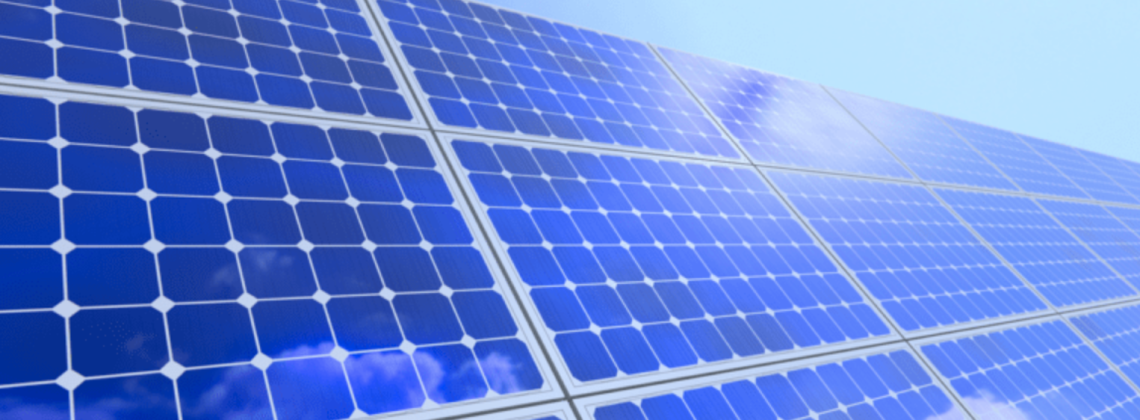

I am not denying climate change. I am skeptical that we know how to fix it.
Climate change is a fact of history. Rising global temperatures two thousand years ago fostered epidemics that weakened the foundations of the Roman Empire. Global cooling, by contrast, created a Little Ice Age that made it difficult for microbes to flourish, and thus for populations to grow, in New England in the seventeenth century. For better and worse, human beings have always been subject to the vicissitudes of their environments.
I get it: This time is different. This is human-caused climate change. (Probably. It’s possible that scientists will later conclude that some other factor was decisive. That’s science: Nothing is ever settled.) As a practical matter, we can accept climate change as an immutable fact. But interpreting that fact and deciding on a course of action are different things.
The first complication in moving forward is confronting a tragedy of the commons problem. Assuming we actually do know exactly how to reverse the flow of climate change, and can convince a set of people to go along with it, doesn’t mean that everybody will. We can debate the ins and outs of what moral obligation China or India have to address this crisis, but unless they’re willing and able to do so, nothing that happens in the United States will matter.
There’s also an irreducible political dimension to the problem. There are many ways to reduce carbon imprints. But who will incur the costs, literal and figurative? We impose regulations on things like air conditioners. We can also reduce the number of airplanes that crisscross the globe. What price are those calling for change willing to pay? And who typically does pay when elites call for collective action of any kind?
There are tradeoffs. At least in theory, we could transition to electric vehicles with cheap Chinese electric-vehicle imports that cost less than even the lowest-priced gas-guzzlers. But the geopolitical cost would be severe in terms of lost American economic and political power, and could lead to the loss of some of our most cherished rights. The environmental benefits of banning fracking are about as clear as the benefits of American energy-independence. Nuclear power offers tremendous benefits—and risks. A lot of this comes down to choosing poisons. But the conversation is rarely cast in such terms.
These days, climate change is largely considered a cause of the political left. It is increasingly met with a rising concern associated with the political right: declining fertility rates. While some progressives welcome population decline as a balm for the planet, it poses serious problems for the welfare state when you have too few people supporting too many older ones. Again, there are reasons to be skeptical. A half-century ago, demographers were warning of a “population bomb” that would tax humanity beyond its breaking point. Now the alarms are being sounded over a birth dearth. We’ll see.
Meanwhile, other forces are at work. Actuaries will be making calculations, which neither politicians nor professors can much affect, about where people will be able to live and what risks they’re willing to take. Market forces won’t be the final word here, but challenging their power requires understanding their logic.
Does this mean there’s nothing we can do? I don’t know. What I do know is that using terms like “denialism” are not helpful when trying to bring people around to one’s point of view. I don’t envy the challenge faced by climate change activists. But time may be on their side: History is the story of how common sense changes; unforeseen events may yet change the climate of opinion. I might change my mind. They might open theirs.
Jim Cullen teaches history at the Greenwich Country Day School in Greenwich, Connecticut. His most recent book is Bridge & Tunnel Boys: Bruce Springsteen, Billy Joel, and the Metropolitan Sound of the American Century. His next book will be New Jersey Vanguard: Famous Figures Who Shaped the Nation.
The large number of religious fundamentalists who believe this is all part of God’s plan is another major problem. George Marsden thinks we need to give these people a seat at the table to quell the culture war. Instead, they are driving us over the cliff and think God will “rapture” them while the rest of humanity burns in the lake of fire.